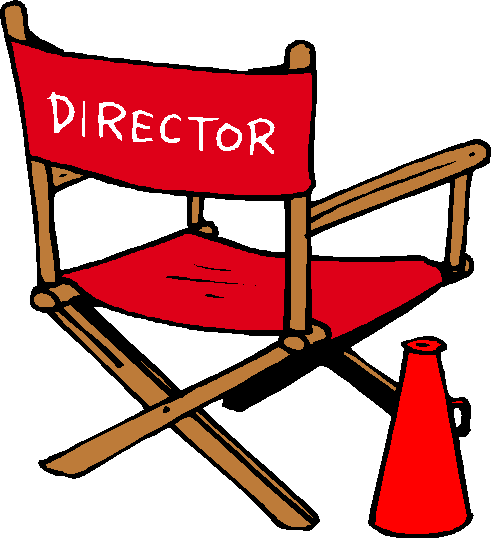
Aug
CREATING IN AN ADULT SETTING
I came across a business article yesterday that has had me thinking deeply about business models that put employees and/or contractors first. My business, Choozi Entertainment, is one of those. I recognize that those I hire to work for me … to do the work that IS Choozi Entertainment, are the front line of my business. They represent ME, and what it is I do. THEY are Choozi Entertainment.
As I move from actively producing shows, into entertainment consulting, I am developing a list of the core competencies I want to pass on to my clients. One of the things I have identified as being a top priority is showing my clients how to create an ADULT environment, where no one talks down to, or attempts to “one up”, another person, no matter their position in the company.
When Choozi created the first ever dive show for Royal Caribbean, we worked with Royal Caribbean Productions in Hollywood, Florida. They have a huge team of professionals who create all the shows you see on their many ships. The divers and swimmers Choozi cast for their first effort became employees of Royal Caribbean. I noticed from the get go they were still referring to their performers as “boys” and “girls”, something I had become highly sensitive to back in the 80’s when I was producing shows for the Nevada casinos. A videographer came to tape one of my shows, and heard me referencing them as “boys” and “girls”. He was not “of show biz” so didn’t understand the use of these gender based terms I had grown up with and had just taken for granted. That was when, then and there, I decided to call every performer who worked for me “men” and “women”. Hearing myself say it, I realized how ridiculous it was to call adult men and women boys and girls. I am eternally thankful to that videographer for pointing it out to me, as that is when I began shaping my own business model in which to put shows together.
The divers and swimmers I cast for Royal were called into an employee orientation, of which I was allowed to sit in on. I will never forget how aghast I was, looking at these amazing, talented adults, being talked down to like they were children, by the Royal Caribbean employee holding the orientation. I was embarrassed actually, as I hired these folks and felt responsible for them. It was the most condescending ‘lecture’ I had ever witnessed. I cringed at the way the Q & A at the end of the orientation was framed, making the cast feel as if they hadn’t been paying attention and they were going to be scolded in an “I caught’cha not paying attention” moment. It was just awful.
My brother Christopher, who I hire to direct and choreograph all my shows, had been working for Cirque du Soleil, as well as Franco Dragone, when we began creating the water show for Royal. I had become accustomed to another way of communicating with performers by watching my brother work. It was what I used to call “the Cirque way”of communication. It puts everyone on a level playing field, no matter what position they hold, be it costumer, director, performer, etc. After all, entertainment professionals are hired for their expertise, talent, stage personality, elevated skills, even their quirks. Everyone involved in a creative project should be given the ability to contribute equally.
A performers contribution to the creation of a show is tantamount to today’s theatrical successes. Cirque figured this out many, many years ago, by hiring directors who use a collaborative process. Gone were the maniacal directors of yesterday, what we used to call “Hitlers”, you know, the “you do it this way or else” style of directing. Standing in their place, today, are creative people with not just a sense of THEIR worth to the project, but an even GREATER sense of their performers worth to the project.
When we began rehearsing the water show at the RCP studios, we had posted on the bulletin board a list of ‘expectations’ for the work environment we were about to create. It was all about bringing your A game to the table, contributing to the process, allowing your voice will be heard, and knowing your suggestions will be taken seriously. Well my heaven’s, what a fire storm that started! It was to be the first of many indicators that the Choozi way of creating a show did not jive with the environment we found ourselves creating in.
Fast forward to my three years with Silversea. I began to think maybe it was just the maritime industry that hadn’t come around to this new employee business model, which so many industries have embraced, and not just show business, as lo and behold, I came upon the exact same communication style I did at Royal … treating the workers like children, as opposed to the adults they are, what I call the “I’m on top, you’re on the bottom” style of management.
So as I develop my consulting business model, I am most interested in teaching producers, directors, and choreographers, how to work in this adult environment I describe, without feeling a sense of losing their own empowerment. That is the key to working this way…knowing and trusting in your own power without dismissing other voices who would like to speak. It’s not an easy thing for authoritarian’s to learn, so that will be my primary task at hand! To create a curricula that demonstrates fully it is better to let creation wash over you, than to try to direct it within an inch of it’s life!
I look forward to passing on these new ideas and concepts to my clients.



